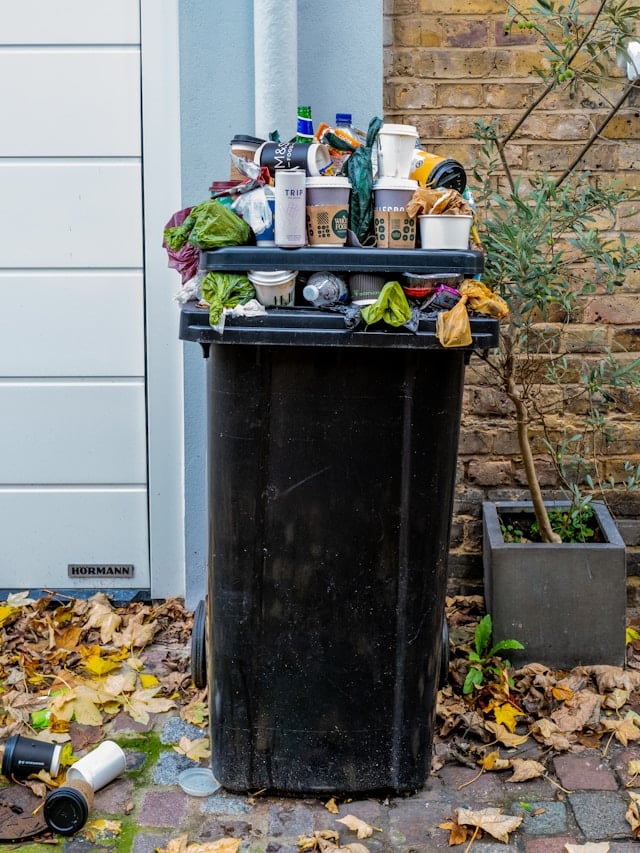The pursuit of a minimalist lifestyle can be more than a simple design aesthetic; it’s a mindset that can improve your overall well-being and drastically reduce waste. It is about prioritizing the essentials in life and letting go of all the rest that distracts us or brings down our quality of life. This article aims to provide you with a comprehensive guide to help you move towards a simpler, less cluttered way of living.
Why Choose Minimalism as a Lifestyle?
Minimalism is a journey towards finding contentment in living with less. It is a lifestyle that aims to shift the focus from possessions to experiences, relationships, and self-growth.
Dans le meme genre : Discover our cardboard separators for fragile bottles
Reducing Physical Clutter
Physical clutter can often lead to mental clutter. A room filled with items that you no longer use or need can create a sense of chaos and can significantly increase your stress levels.
By incorporating a minimalist approach to your environment, you will be able to declutter your space, and in turn, declutter your mind.
The process of decluttering allows you to focus on the items that truly add value to your life. It’s about removing the items that drain your time and energy and creating a space that helps you focus on what truly matters.
Dans le meme genre : How to Effectively Use Social Media to Promote Environmental Awareness in the UK?
Decreasing Consumption
Minimalism can be an effective tool for curbing wasteful consumption. By reducing your need for material possessions, you can limit the wasteful cycle of buying and discarding items.
Not only is this beneficial for your wallet, but it also helps lessen your ecological footprint. With more and more people becoming conscious of the environmental impact of their consumption habits, minimalism offers an efficient way to reduce waste and promote sustainable living.
Steps Towards a Minimalist Lifestyle
Embracing minimalism doesn’t mean you have to get rid of all your possessions. It’s about making more conscious choices and being intentional with what you allow into your life.
Start with Decluttering
The first step towards a minimalist lifestyle involves decluttering your physical space. It’s about creating an environment that reflects the simplicity and order that you aspire to have in your life.
To start decluttering, categorize your possessions into items you need, items you love, and items that are neither needed nor loved. Then, focus on getting rid of the latter category. The goal is not to live without possessions, but rather to possess only the things that truly add value to your life.
Practice Mindful Consumption
Once you’ve decluttered your space, it’s important to maintain that clutter-free environment. This is where mindful consumption comes in.
Before making a purchase, ask yourself whether this item will add value to your life. Do you really need it? Is it something that will improve your well-being or is it just another item that will end up gathering dust? Practicing mindful consumption can help you maintain a clutter-free lifestyle and promote sustainability.
Mental and Emotional Benefits of Minimalism
Minimalism can greatly improve your mental and emotional well-being. By removing the unnecessary clutter from your life, you can create a peaceful, stress-free environment.
Improved Focus and Productivity
A cluttered environment can be highly distracting. By simplifying your surroundings, you can create a more conducive environment for focus and productivity.
The minimalist lifestyle fosters a sense of clarity and purpose. It encourages you to spend your time and energy on the things that truly matter to you. With fewer distractions, you can better concentrate on your passions, your work, and your personal growth.
Reduced Stress
Living in a cluttered, chaotic environment can cause unnecessary stress. On the other hand, a minimalist, clutter-free environment can provide a sense of calm and relaxation.
Minimalism can also reduce stress by reducing the number of decisions and choices you have to make. By simplifying your life and removing the unnecessary, you can free up mental space and reduce decision fatigue.
How Minimalism Promotes Sustainability
In today’s world, where overconsumption and waste are prevalent, minimalism offers a path towards sustainability.
By reducing your consumption and waste, you can help conserve resources and decrease your environmental impact. A minimalist lifestyle not only benefits you but also the planet. By making more conscious, mindful choices, you can contribute towards a more sustainable future.
Remember, minimalism is a journey, not a destination. It’s about making small, incremental changes towards a simpler, more intentional life. It’s about living with less, so you can live more.
Adopting Minimalism: A Path to Wellness
Adopting a minimalist lifestyle can open up numerous avenues for your well-being. A life free of clutter allows you to create a living space that brings joy, reduces stress, and promotes mental health. It cultivates a greater sense of control over your surroundings, leading to a higher quality of life.
The Quality over Quantity Approach
Minimalism is centered around the principle of quality over quantity. It involves curating a collection of material possessions that have a purpose and bring you joy. By living minimalist, you get to appreciate the items that truly add value to your life, while discarding the rest. This approach reduces the chaos of managing countless items, therefore reducing stress and fostering calmness.
Implementing minimalism also helps in saving money. When we focus on quality instead of quantity, we invest in items that are built to last. This not only saves from frequent replacement costs but also contributes significantly to reducing environmental waste.
Creating a Mindful Living Space
A clutter-free living space is a key to mental clarity and focus. When your environment is ordered and free of unnecessary items, your mind is likely to follow suit. This will help bring a sense of peace and relaxation, positively affecting your mental health.
Decluttering physical space is not just about getting rid of items. It’s about curating a living environment that reflects your values, goals, and personal style. Every item left should have a purpose and bring a sense of joy. This process aligns your surroundings with your aspirations, fostering a greater sense of contentment and satisfaction.
Conclusion: A Journey towards Intentional Living
Minimalism is more than just a design aesthetic or a trend; it’s a journey towards intentional living. It’s about making small, mindful choices every day that add value to your life and reduce your environmental impact.
Adopting a minimalist lifestyle promotes a focus on experiences over possessions, fostering a deeper connection with ourselves, others, and the world around us. It encourages us to let go of the surplus, to create space for what truly brings joy and purpose to our lives.
Remember, minimalism is not about deprivation. It’s about intentionality. It’s about choosing the life you want to live and discarding everything that does not align with that vision. The result? Improved well-being, reduced stress, and a healthier planet.
So, are you ready to embark on this journey towards a simpler, more meaningful life? Minimalism could be your path to a life of quality, intention, and true contentment.











